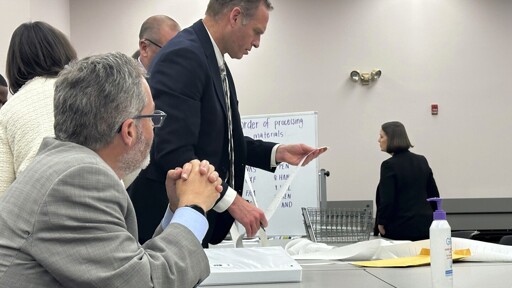Summary
Voters across eight states, including Arizona, Colorado, and Nevada, rejected ballot measures for election reforms such as ranked choice voting (RCV) and open primaries, despite a $110 million push from advocates.
The movement, inspired by Alaska’s 2020 adoption of these reforms, failed to gain traction, with critics citing confusion and doubts over RCV’s benefits.
Some reforms succeeded locally, including in Portland, Oregon, but opposition remains strong.



I used to think RCV would make democracy much better. I now know that is not necessarily true.
I still think proportional representation does make democracy better. In a proportionally representative system, political parties are assigned seats in the legislature according to the percentage of votes they receive. So, if a party receives 30% of the votes, they get 30% of the seats. It’s true that this means that often no one party has a majority, requiring multiple parties to come together and form a majority coalition (and this can be a challenge - Germany has a few examples of this not working out, one recent and one very famous), but it works well enough in most democracies.
So what would be the threshold for Senator representation split? Obviously if a state is 50/50 it would be one of each. But when would they both go to one party? 67/33?
Also, how do they determine who is at the top of the ballot for each party? The primary?
As a resident in a red state that regularly votes more than 1/3 Democratic but has 100% Republican representation in congress, I would love to have some representation.